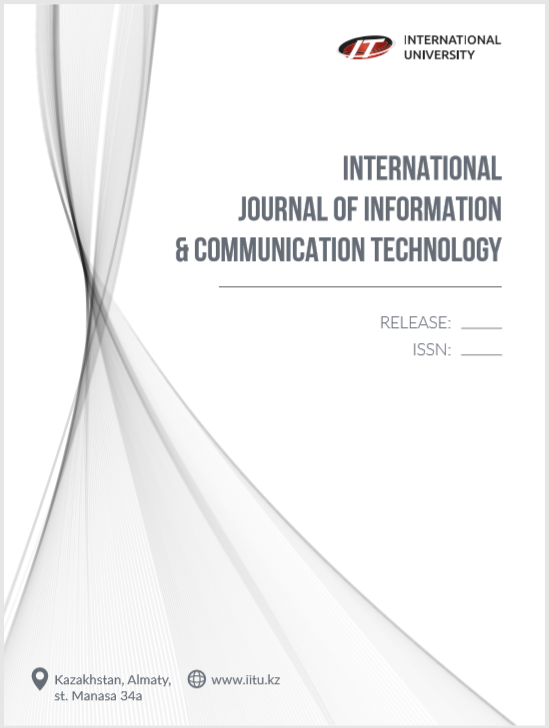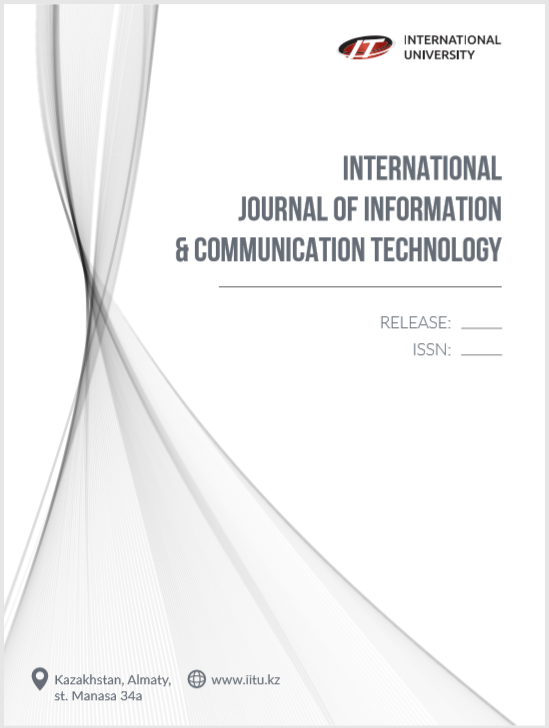ORGANIZATION OF THE PROCESS OF TEACHING THE RUSSIAN (NON-NATIVE) LANGUAGE USING THE AKELIUS DIGITAL PLATFORM
DOI:
https://doi.org/10.54309/IJICT.2023.14.2.001Keywords:
AKELIUS digital platform, communicative competences, speech situation, blended learning format, non-linguistic environmentAbstract
Teaching Russian (non-native) language using the AKELIUS digital platform not only reveals and substantiates the patterns of mastering the Russian language, but also expands the boundaries of general educational skills. Upon completion of the course, students should be able to speak the language at the elementary level AO, A1, A1.1 (initial level) according to the level system of the Common European Framework of Reference for Languages (CEFR). One of the main goals of the Russian language lessons within the framework of the project is the formation of communicative speech, focused on the situation of communication. The blended learning format involves conducting classes in full-time mode, when the student is in direct contact with the teacher and uses a gadget with a built-in language program (in our case, this is the Akelius digital platform). Work on replenishing the vocabulary of students accompanies the entire learning process. Of all the methods of teaching Russian (non-native), the most optimal for migrant children at the initial stage is communicative. It is necessary to systematically arouse interest in careful work on the word, in the constant expansion of the thesaurus. The dynamics of progress can be tracked both during the lesson, observing the actions of the students, and through the quiz posted on the Akelius platform at the end of each lesson.
Downloads
Downloads
Published
How to Cite
Issue
Section
License
Copyright (c) 2023 INTERNATIONAL JOURNAL OF INFORMATION AND COMMUNICATION TECHNOLOGIES

This work is licensed under a Creative Commons Attribution-NonCommercial-NoDerivatives 4.0 International License.
https://creativecommons.org/licenses/by-nc-nd/3.0/deed.en


